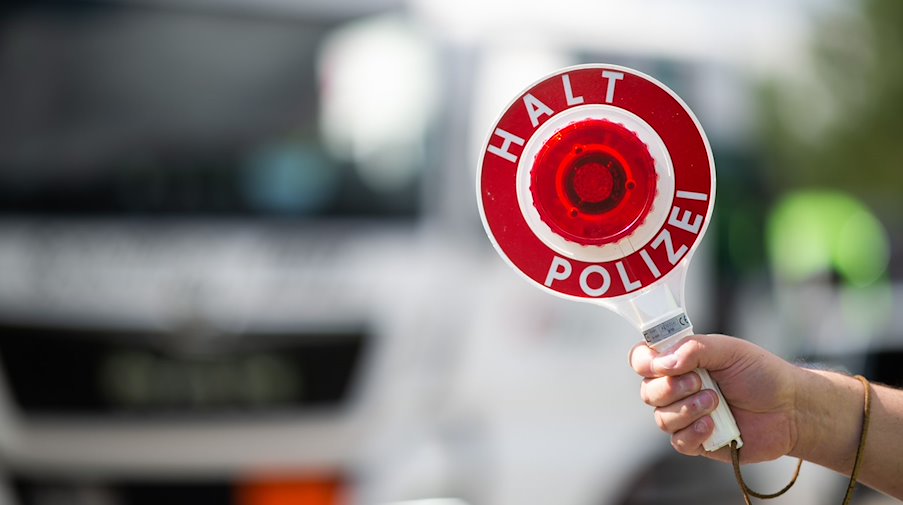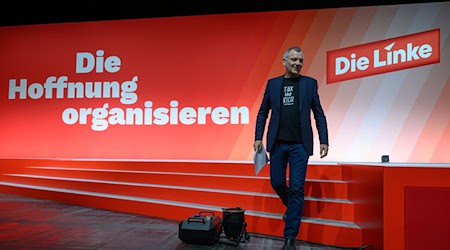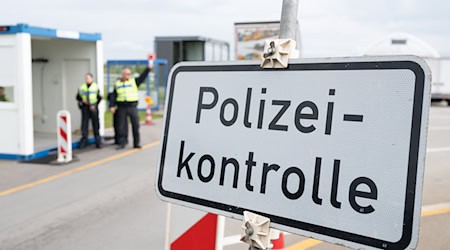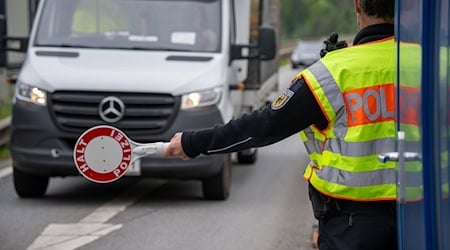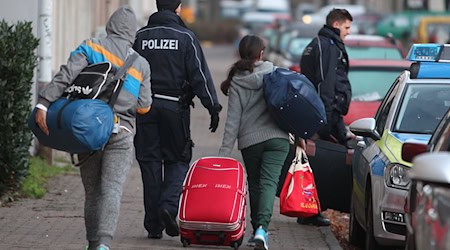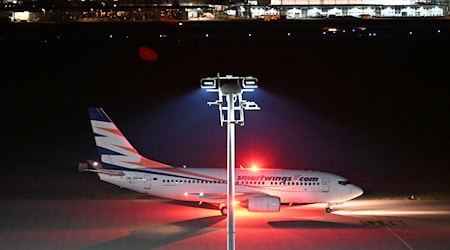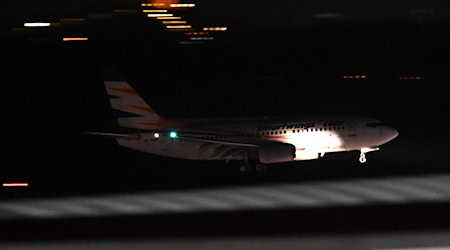The freight transport industry is critical of the new fixed controls on the border with Poland. The border has "a high volume of traffic, both from commercial transports and commuter traffic," a spokeswoman for the German Road Haulage, Logistics and Waste Management Association (BGL) said Tuesday. From the border with Austria, where Germany is already since 2015 again stationary border controls permanently, it is known that these controls could lead to viscous traffic and also traffic jams and accidents on the highways.
Since the long-term design of the controls to Poland is not yet clearly outlined, the effects for commuters and trade are not yet foreseeable according to the association. At the border to Austria it had shown that stationary controls made the observance of the legal driving and rest times for the truck drivers more difficult and supply chains increasingly incalculable.
"Should it come at the now additionally affected borders to area-wide and also permanent controls, is thus to be counted clearly on substantial additional costs and expenditure for transport enterprises concerned." For companies located in the border regions with a focus on cross-border traffic, that could assume existence-threatening proportions.
Faeser had announced stationary controls for the borders to Poland, the Czech Republic and Switzerland on Monday for an initial ten days at the EU Commission. Shortly thereafter, there were first controls directly at the border. According to the Federal Ministry of the Interior, the notification can be extended for a total of two months. In security circles, however, it is expected that the controls will also be notified later for a longer period.
Copyright 2023, dpa (www.dpa.de). All rights reserved

